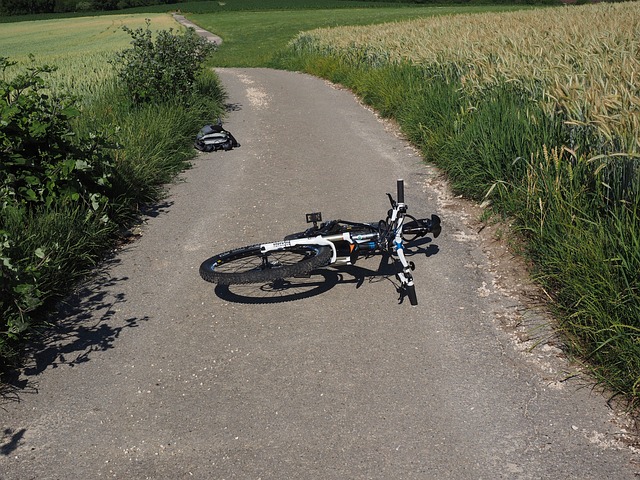Slip and fall accidents caused by wet floors are common in Queens, leading many victims to pursue Product Liability Cases Brooklyn. Property owners have a legal duty to maintain safe premises and address slippery conditions from water leaks, cleaning products, or weather. In Brooklyn, negligence claims can be successful if plaintiffs prove the defendant's duty of care, breach, and direct causation of harm. Injuries from such accidents range from minor to severe, with compensation varying based on details and medical costs. Expert witnesses are crucial in complex Product Liability Cases Brooklyn for analyzing floor conditions, safety standards, and industry practices.
In Queens, slip and fall accidents on wet floors are a common concern, leading many victims to seek legal recourse. Understanding these incidents’ legal implications is crucial for both victims and property owners. This article delves into the intricate details of product liability cases in Brooklyn, focusing on wet floor hazards, negligence proofing, common injuries, and expert witness roles. By exploring these aspects, we aim to empower individuals with knowledge, enabling them to navigate the complexities of slip and fall litigation effectively.
- Understanding Slip and Fall Accidents on Wet Floors in Queens
- Legal Responsibilities for Property Owners and Businesses
- When Is a Wet Floor Considered Hazardous?
- Proving Negligence in Product Liability Cases Brooklyn
- Common Injuries and Compensation in Slip and Fall Cases
- The Role of Expert Witnesses in Wet Floor Litigation
Understanding Slip and Fall Accidents on Wet Floors in Queens
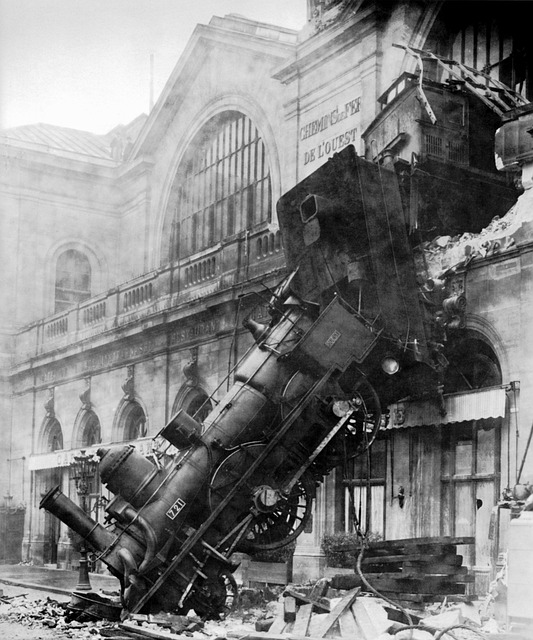
Slip and fall accidents on wet floors are a common occurrence in Queens, New York, leading many victims to seek legal counsel for compensation. These incidents often result from negligence, particularly when property owners or managers fail to address slippery conditions caused by water leaks, cleaning solutions, or weather-related moisture. In Brooklyn and throughout the city, product liability cases involving unsafe floors are taken seriously.
Property owners have a duty of care to maintain safe premises, which includes ensuring that floors are dry and free from hazardous conditions. When this duty is breached, individuals who sustain injuries due to falls can hold the responsible party accountable. Understanding local laws and regulations regarding slip and fall incidents on wet floors is crucial for both victims and legal professionals navigating Product Liability Cases Brooklyn.
Legal Responsibilities for Property Owners and Businesses
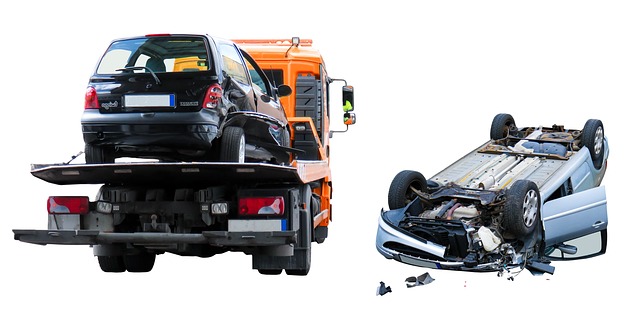
In New York, including Queens, property owners and businesses have a legal responsibility to maintain their premises in a safe condition. This includes taking reasonable measures to prevent slips and falls caused by wet or slippery floors. In case of an accident, victims may be entitled to compensation for their injuries through product liability cases Brooklyn or personal injury claims against the property owner.
The legal standards vary slightly between states, but generally, a property owner can be held liable if they negligently failed to address a known hazard or should have reasonably anticipated that a condition could cause harm. This includes situations where wet floors aren’t properly cleaned or marked after a spill, leading to unintentional falls and subsequent injuries.
When Is a Wet Floor Considered Hazardous?
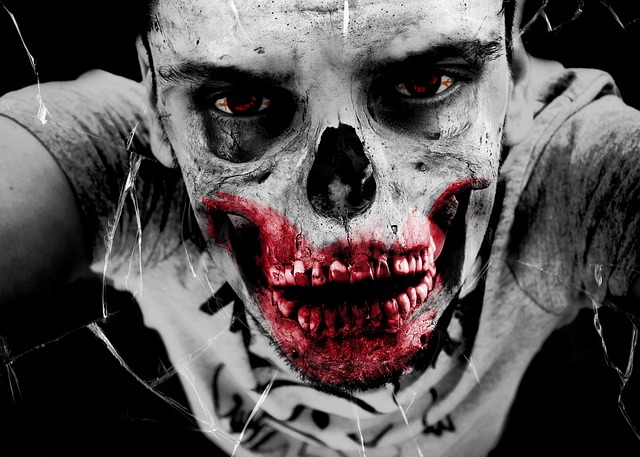
In New York, especially in bustling areas like Queens, a wet floor can quickly transform from an everyday occurrence to a hazardous situation. While minor slip-and-falls might seem trivial, they can lead to serious injuries when property owners or businesses fail to address water or liquid spills promptly. In product liability cases Brooklyn and throughout the city, it’s crucial to understand what constitutes a dangerous condition.
A wet floor is considered hazardous when it creates an unreasonable risk of slips, falls, and resulting injuries. This could be due to standing water, spilled liquids, or other substances that reduce traction. Property owners and businesses have a legal obligation to maintain their premises in a safe condition. Neglecting to clean up spills or properly warn patrons about wet floors can lead to liability in personal injury cases, particularly when visitors suffer falls and injuries as a result.
Proving Negligence in Product Liability Cases Brooklyn
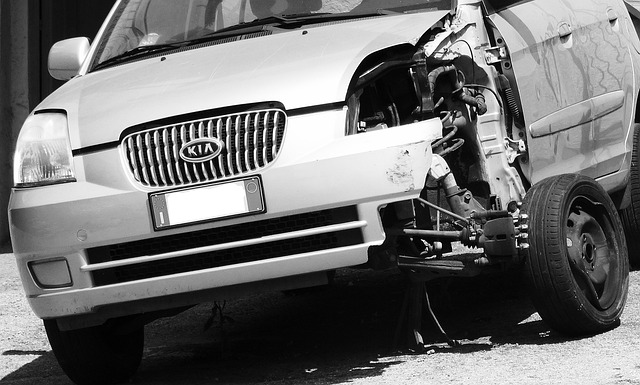
In Product Liability Cases Brooklyn, proving negligence is a critical step in securing compensation for slip and fall injuries on wet floors. To establish liability, plaintiffs must demonstrate that the defendant had a duty to maintain a safe environment, breached that duty, and directly caused the plaintiff’s harm. The burden of proof often lies with the victim to show that the property owner or manager failed to exercise reasonable care in keeping their premises free from hazards. This involves gathering evidence such as witness statements, security footage, expert opinions, and maintenance records to illustrate the defendant’s negligence.
In Brooklyn, courts scrutinize factors like the presence of warning signs, cleaning protocols, and previous incidents on the property. If it’s established that a reasonable person in the defendant’s position should have anticipated the risk and taken preventive measures, it strengthens the case for negligence. Understanding product liability laws and the specific circumstances surrounding the accident is key to building a compelling argument in Product Liability Cases Brooklyn.
Common Injuries and Compensation in Slip and Fall Cases
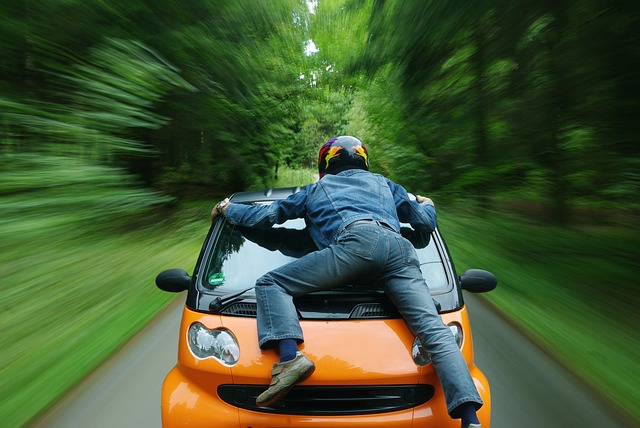
In slip and fall accidents, especially on wet or slippery floors, individuals can sustain a variety of injuries ranging from minor cuts and bruises to more severe fractures and head traumas. Common injuries include sprains, strains, broken bones, dislocations, whiplash, and in serious cases, brain damage or paralysis. These incidents often occur in public spaces like grocery stores, shopping malls, restaurants, or office buildings, where property owners are responsible for maintaining safe conditions.
When it comes to compensation in Product Liability Cases Brooklyn, the extent of damages can vary widely depending on the specifics of the accident and the injuries incurred. Victims may be entitled to financial reimbursement for medical expenses, lost wages, pain and suffering, and even punitive damages if negligence is proven. It’s crucial to document all costs associated with treatment and any long-term care requirements to support a robust claim in slip and fall cases involving Product Liability Cases Brooklyn.
The Role of Expert Witnesses in Wet Floor Litigation

In slip and fall cases on wet floors, especially in complex legal scenarios involving Product Liability Cases Brooklyn, expert witnesses play a pivotal role. These professionals bring specialized knowledge to bear on the case, helping to unravel intricate issues that may not be readily apparent to the average juror or judge. Their testimony can significantly influence the outcome of the litigation by providing detailed analyses of the incident, the condition of the floor, and the potential negligence involved.
Expert witnesses in Product Liability Cases Brooklyn offer insights into safety standards, industry practices, and the reasonable expectations of consumers. They may examine the design and maintenance of the premises, assess liability for product defects or inadequate warnings, and help establish causation between the wet floor condition and the fall. Their expert opinions can be crucial in demonstrating either the defendant’s negligence or the plaintiff’s lack of due care, ultimately shaping the legal argument and strategic direction of the case.
In conclusion, navigating slip and fall accidents on wet floors in Queens requires a deep understanding of legal responsibilities and the specifics of each case. When a property owner or business fails to address a hazardous condition, they may be held accountable through product liability cases Brooklyn residents can file. By presenting strong evidence of negligence and quantifying the resulting injuries, victims can secure the compensation they deserve for medical bills, pain, and suffering. Expert witnesses play a crucial role in clarifying complex issues and guiding juries toward fair verdicts, ensuring that everyone involved receives justice.
